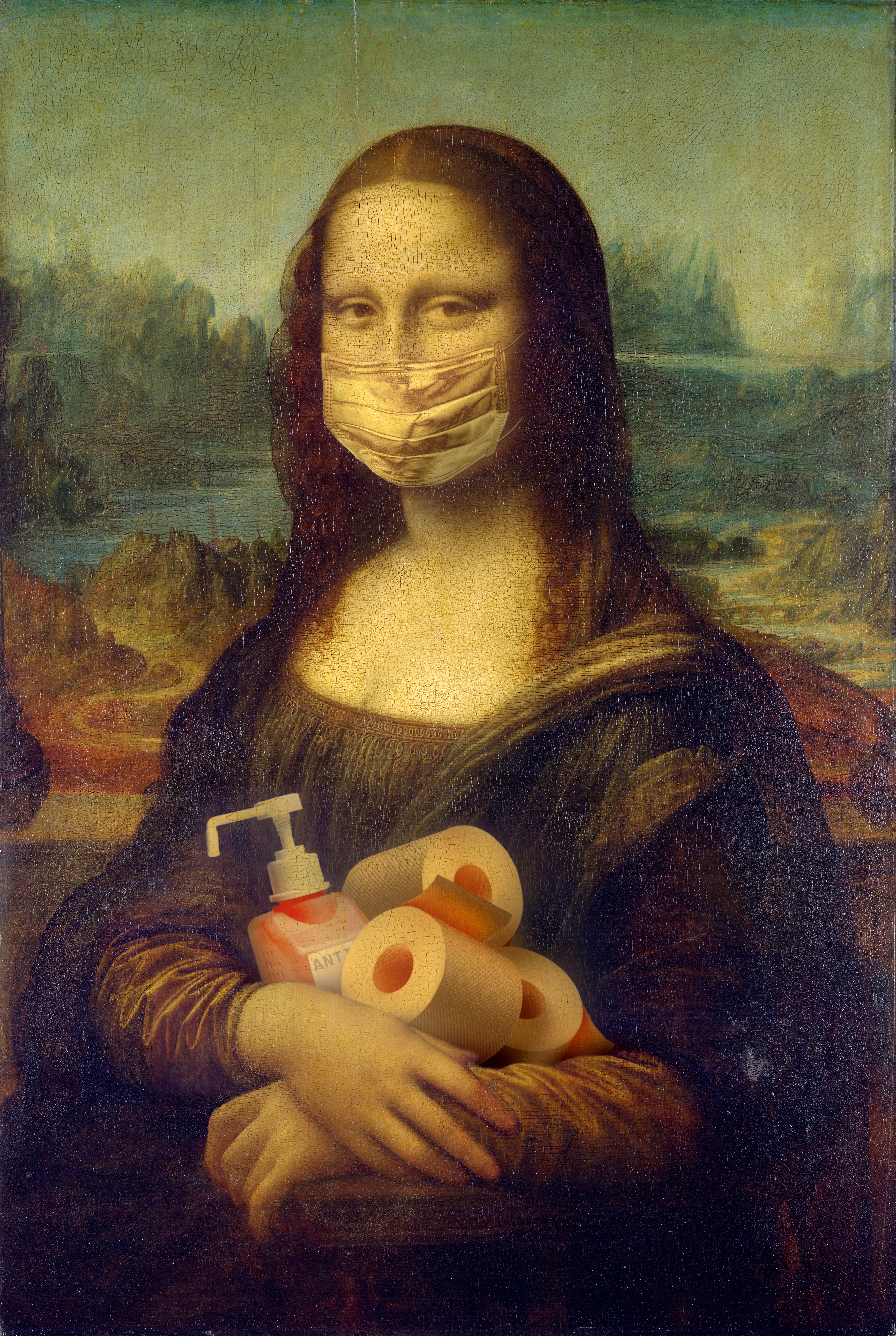Should COVID-19 Suspend IP Protection?

There continues to be an ongoing debate regarding whether to suspend patent protection for COVID-19 vaccine creators. This is not an easy question to answer. At least not for many. Balancing short-term societal needs with the foundational elements that support ongoing technology development that advances society is complex. It should not have to be a binary decision. But to many it is. Let us look briefly at the two sides of the debate.
Suspend Patent Protection for COVID-19 Vaccine Creators
Some individuals fear that the monopoly status that the patent enables could prohibit or delay access to the vaccine for many less fortunate that are in need. It can be a legitimate concern. Entire nations, such as South Africa and India, are making such arguments based out of fear. But also based on historical precedent. Back in the 1990s the South African government was sued for trying to import cheap alternatives to anti-AIDs drugs to help stem an epidemic they were facing. The suit was eventually dropped, but the pharmaceutical companies lost the public’s trust that they cared for the people most in need of their solution. Those governments fear history will repeat itself. They fear that monopolistic pricing and profit motives will prevent the vaccine from making its way to areas and people who really need it. Society will be worse off because of it.
Do NOT Suspend Patent Protection for Vaccine Creators
Those against suspending COVID-19 patent protections argue that innovation in the pharmaceutical industry would be irreparably harmed. Those companies and individuals make risky investments in research and development. If their investments do not pan out, they lose. Those investment dollars are gone forever. If their investments and research prove fruitful, they need to be rewarded for those investments. If anyone else can simply copy what they have done, without having made the same investment, the companies having done the investment and research would be sorely disadvantaged. They would be competing with companies who did not have to cover the research expenses that enabled the vaccine. The risk-return equation will change, and innovation will slow. Society will be worse off because of it.
The Issue is Complex
The issue is obviously much more complex than the simple argument stated above. Research is often supplemented with public funds. And development of the vaccine is not the only variable effecting how it gets distributed. Manufacturing and logistics come into play, too. These factors and others also affect what is determined to be fair and equitable distribution of the solution on a global basis. For those who want to dig a little deeper, we recommend a good opinion piece published in the NY Times by Thomas Cueni, Director-General of the International Federation of Pharmaceutical Manufacturers and Associations. His position obviously gives away where he comes out on the issue, but he explains the situation well. Doctors Without Borders has an opposing perspective, and the WTO held hearings on the issue this week and is expected to weigh in later this month.
Our Take
We understand the fears, but we do not believe that patent protection should be suspended. It is too critical to the foundations of innovation. Effective patent life-cycle management is a key driver that has prompted so many to act so swiftly. In fact, there are over 200 COVID-19 vaccine projects underway globally, and there are more than 50 in various stages of clinical trials. Motivation is high. Let us not take that away. And at those numbers, it sounds like competition is actually also quite high. Last, we are encouraged that many of the pharmaceutical companies have committed to offer their vaccine on a not-for-profit basis during the pandemic. Some have also established public-private partnerships to facilitate distribution in low-income countries. We have faith that lessons of the past have been learned. And we believe that patent protection – while not without flaws – provides the best means of fostering innovation.
